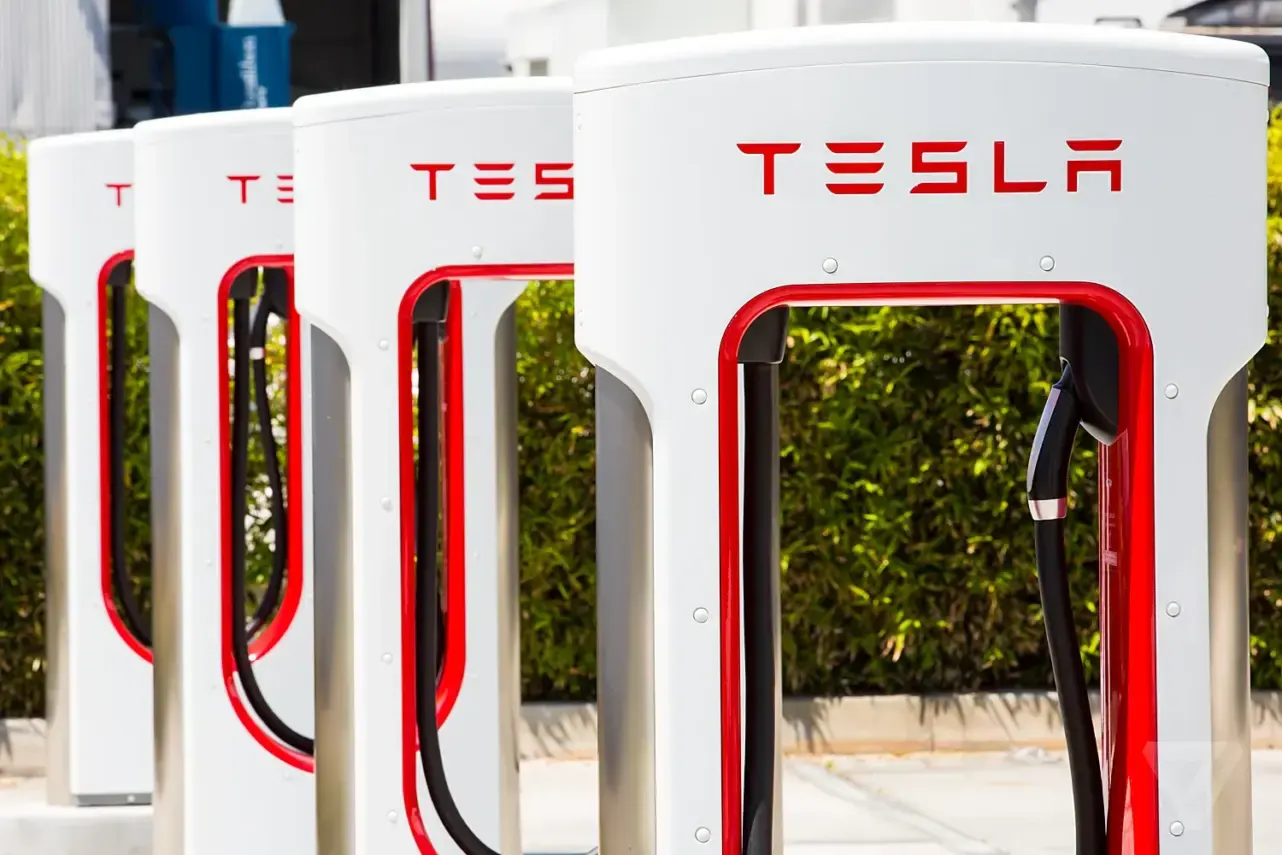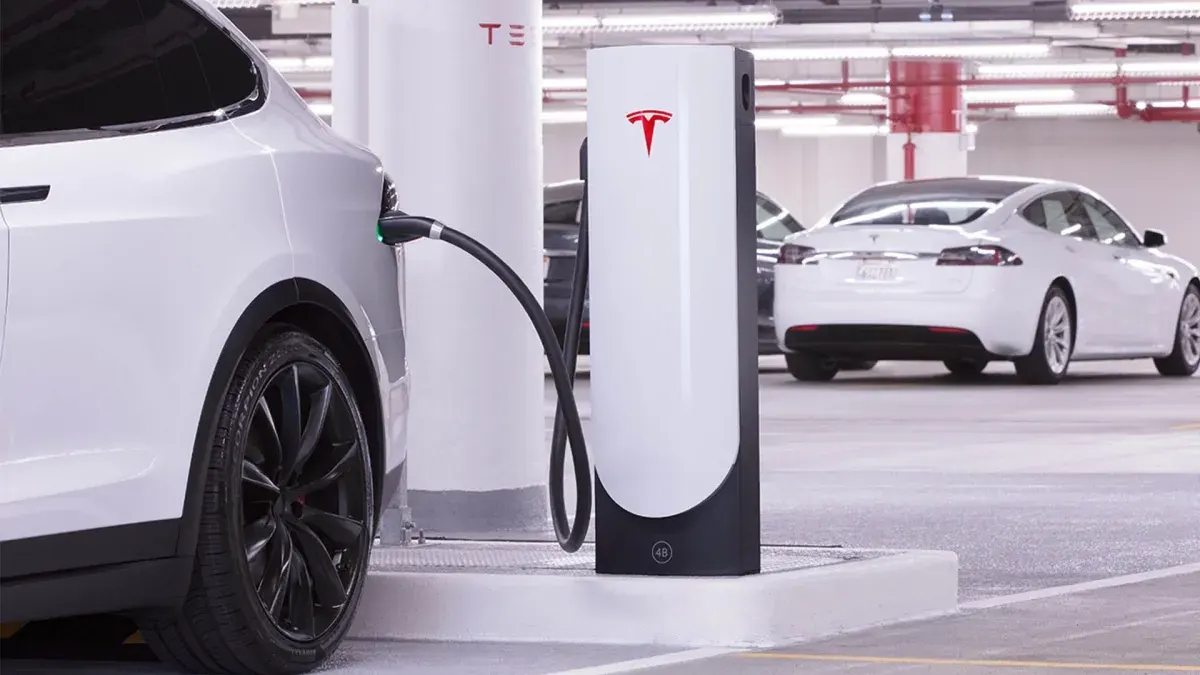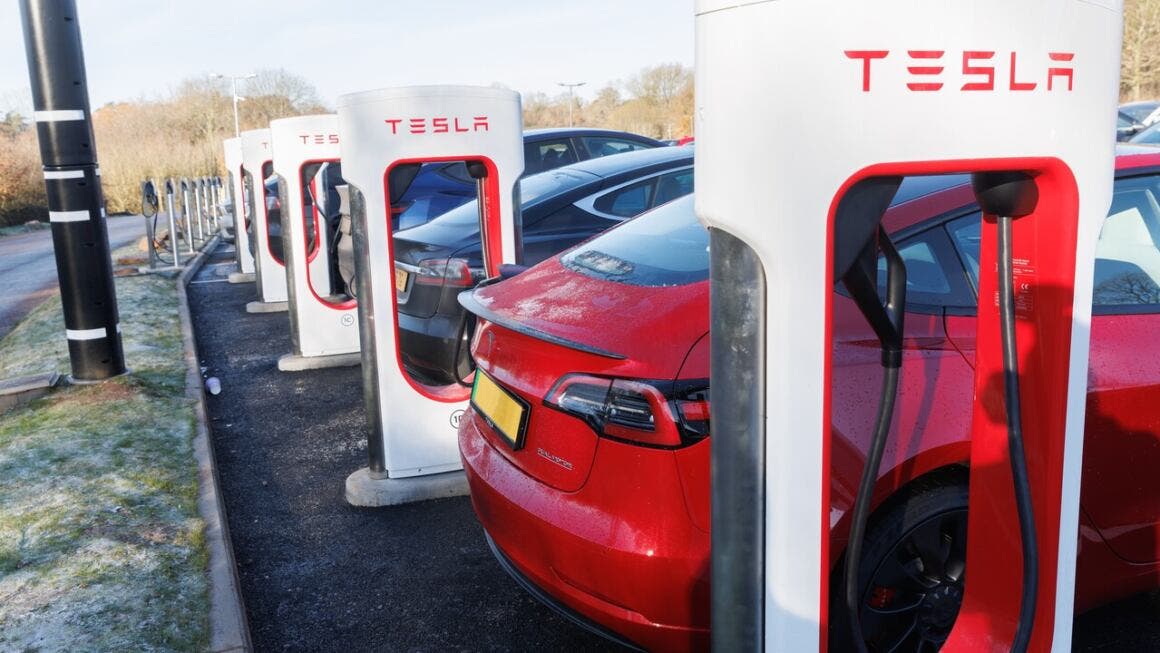The US EV market is bracing for the inevitable post-subsidy hangover. Experts are predicting a sales crash now that the federal $7,500 tax credit has evaporated. For Tesla this means every single vehicle has suddenly become $7,500 more expensive overnight.
In response to this existential pricing crisis, Tesla has unveiled a new, highly specific incentive aimed squarely at converting those reluctant gas and hybrid car owners: 2,000 free Supercharger miles when trading in a combustion engine vehicle.

It sounds generous, promising the equivalent of about 3,200 kilometers of free charging on the nation’s most extensive DC fast-charging network. However, this is where the Tesla math begins. But charging stations sell kilowatt-hours (kWh), not “miles”. It means the value of the offer depends entirely on the efficiency of the vehicle you choose.
The base rear-wheel-drive Model 3 travels 4 miles per kWh; this translates the 2,000 free miles into roughly 500 kWh. At an estimated average Supercharger price of $0.40/kWh, the Model 3 customer receives a tangible discount of about $200. The buyer of the less efficient Cybertruck (at 2.3 miles/kWh) fares slightly better, receiving the monetary equivalent of $348.
Tesla is replacing a guaranteed $7,500 federal incentive with a maximal $348 charging credit. It’s a classic Tesla move. Crucially, the legacy internal combustion engine vehicle must be actually traded in to Tesla. A far more restrictive requirement than that of competitors like Lucid, which often only requires proof of ownership.

Once the paperwork is done, the free miles appear on the new owner’s account. They come with a ticking clock: they are non-transferable and expire after a mere two years. And the new owner must still pay any applicable idleness or congestion fees at the Superchargers.
The clock is currently ticking on this bizarre offer, too. After slashing leasing prices last month, Tesla has warned buyers that prices will jump up again on November 4th, suggesting that even a $200 charging credit won’t save the wallet of a procrastinating buyer.
